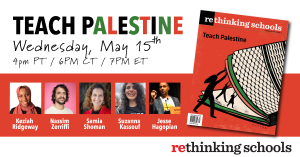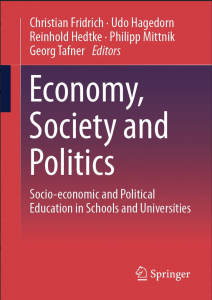Thanks to Noelia Pérez‐Rodríguez for the opportunity to work with her and colleagues Elisa Navarro‐Medina and Nicolás De‐Alba‐Fernández – all in the Department of Didactics of Experimental and Social Sciences at University of Seville – on an article analyzing social science curriculum in Spain and working towards an ideal model of critical citizenship.
Abstract:
In this study, we analysed the presence of citizenship education in the new Spanish social sciences curriculum, focusing on both the primary and secondary education stages. The relevance of the study stems from the need to adapt to a new reality, in which it is crucial to develop in children and young people the skills to understand, interpret and make critical decisions. Considering the model outlined as ideal, and being aware of the difficulty involved in achieving it, we took as a reference a possible model to analyse the Spanish curriculum, the ICCS study framework. The research presented is based on a review of policy documents and analyses the curricula of compulsory education stages through a content analysis technique. The results show that in the Spanish curriculum, under the logic of the ICCS framework, cognitive skills and citizen content are more prevalent than those based on attitudes and engagement. This issue prompts us to reflect on the future changes that should be made to approach the model we consider relevant.
Citation:
Navarro Medina, E , Ross, E. W., Pérez-Rodríguez, N., & De Alba Fernandez, N. (2025). Towards an ideal model of education for critical citizenship. An analysis of the Spanish curricular change in social sciences. European Journal of Education, 60(1), e70010. https://doi.org/10.1111/ejed.70010

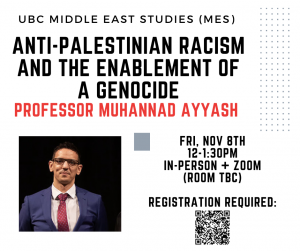
 I was delighted to have the opportunity to lead a research seminar with the
I was delighted to have the opportunity to lead a research seminar with the 
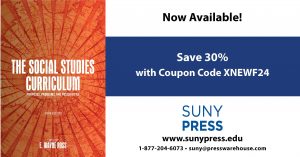
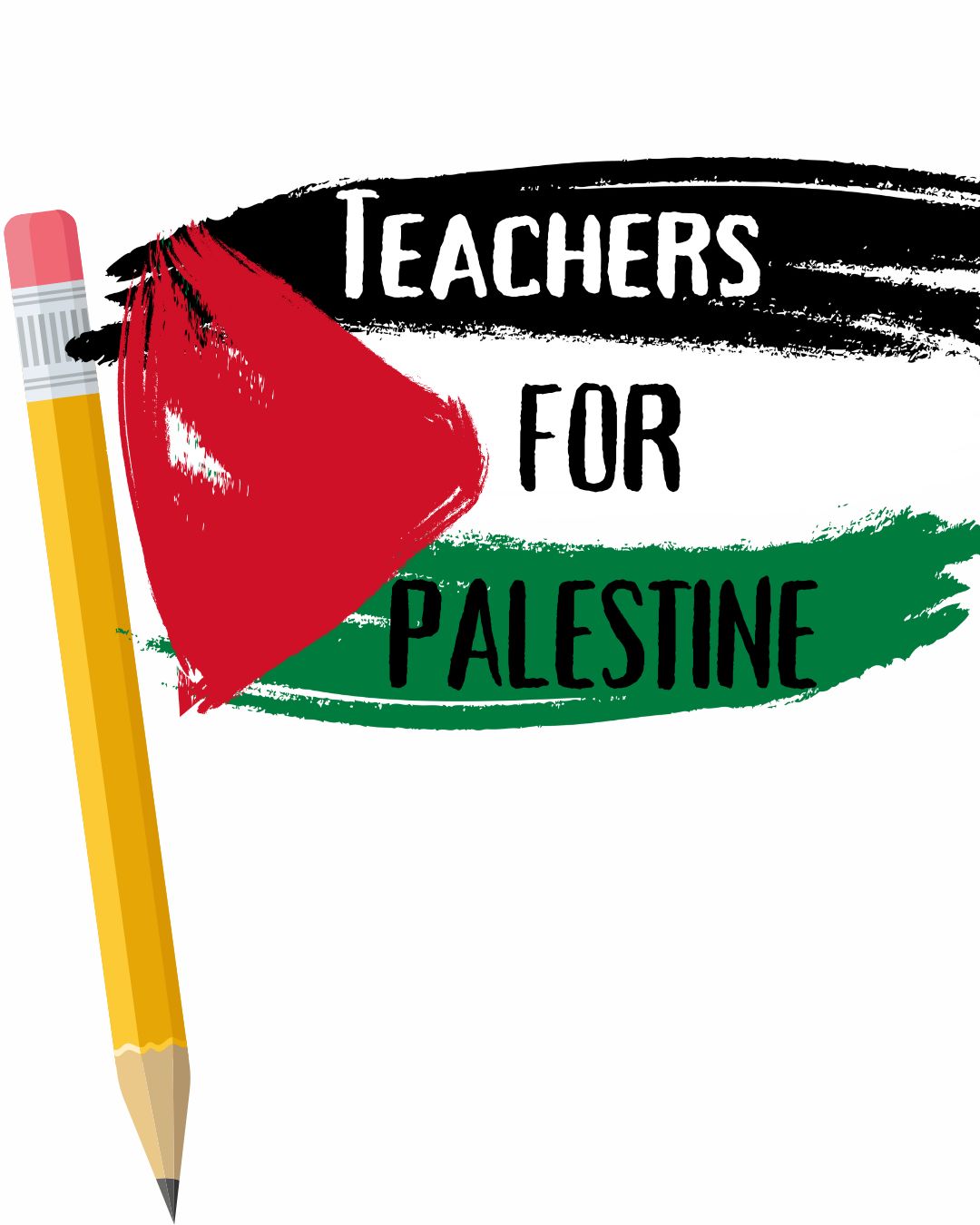 Via Teachers for Palestine BC:
Via Teachers for Palestine BC:
